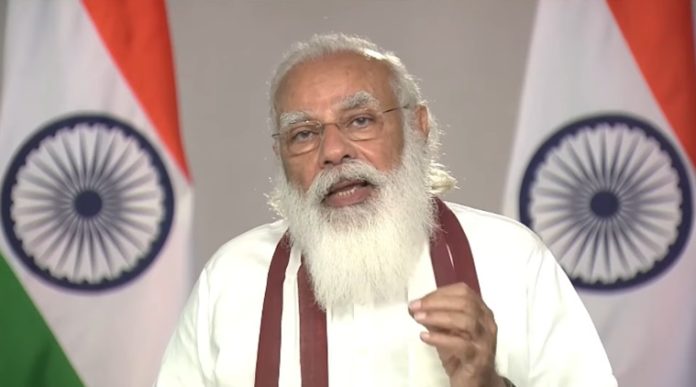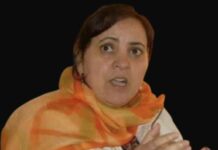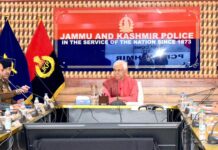New Delhi (NVI): Prime Minister Narendra Modi today launched the ‘Jal Shakti Abhiyan: Catch the Rain’ campaign on World Water Day via video conferencing.
On the occasion, a Memorandum of Agreement (MoA) was signed between the Union Minister of Jal Shakti and the Chief Ministers of Madhya Pradesh and Uttar Pradesh to implement the Ken Betwa Link Project, the first project of the National Perspective Plan for interlinking of rivers, in the presence of the Prime Minister.
The PM also interacted with sarpanches and ward panches in Rajasthan, Uttarakhand, Karnataka, Maharashtra and Gujarat through video conference.
Speaking on the occasion, the Prime Minister said on International Water Day, a major step has also been taken for the Ken-Betwa Link Canal along with the introduction of the Catch The Rain campaign. He said rapid development is not possible without water security and effective water management. The vision of India’s development and India’s self-reliance, is dependent on our water sources and our water connectivity, he added.
The PM further said that the challenge of the water crisis is increasing equally with India’s development. He said it is the responsibility of the present generation of the country to fulfill its responsibility for the generations to come. He asserted that the government has made water governance a priority in its policies and decisions. “In the last 6 years, many steps have been taken in this direction,” he said while talking about Pradhan Mantri Krishi Sinchai Yojna, water campaign to every farm – Har Khet ko Paani, ‘Per Drop More Crop’ campaign and Namami Gange Mission, Jal Jeevan Mission or Atal Bhujal Yojana.
The Prime Minister remarked that for the first time after independence, a government is working seriously with regard to water testing. He pointed out that “rural sisters and daughters” have been made stakeholders in this campaign of water testing.
“During the Corona period itself, about 4.5 lakh women were trained for water testing. Every village is getting at least 5 trained women for water testing. Better results are a certainty with increased participation of women in water governance,” he said.








